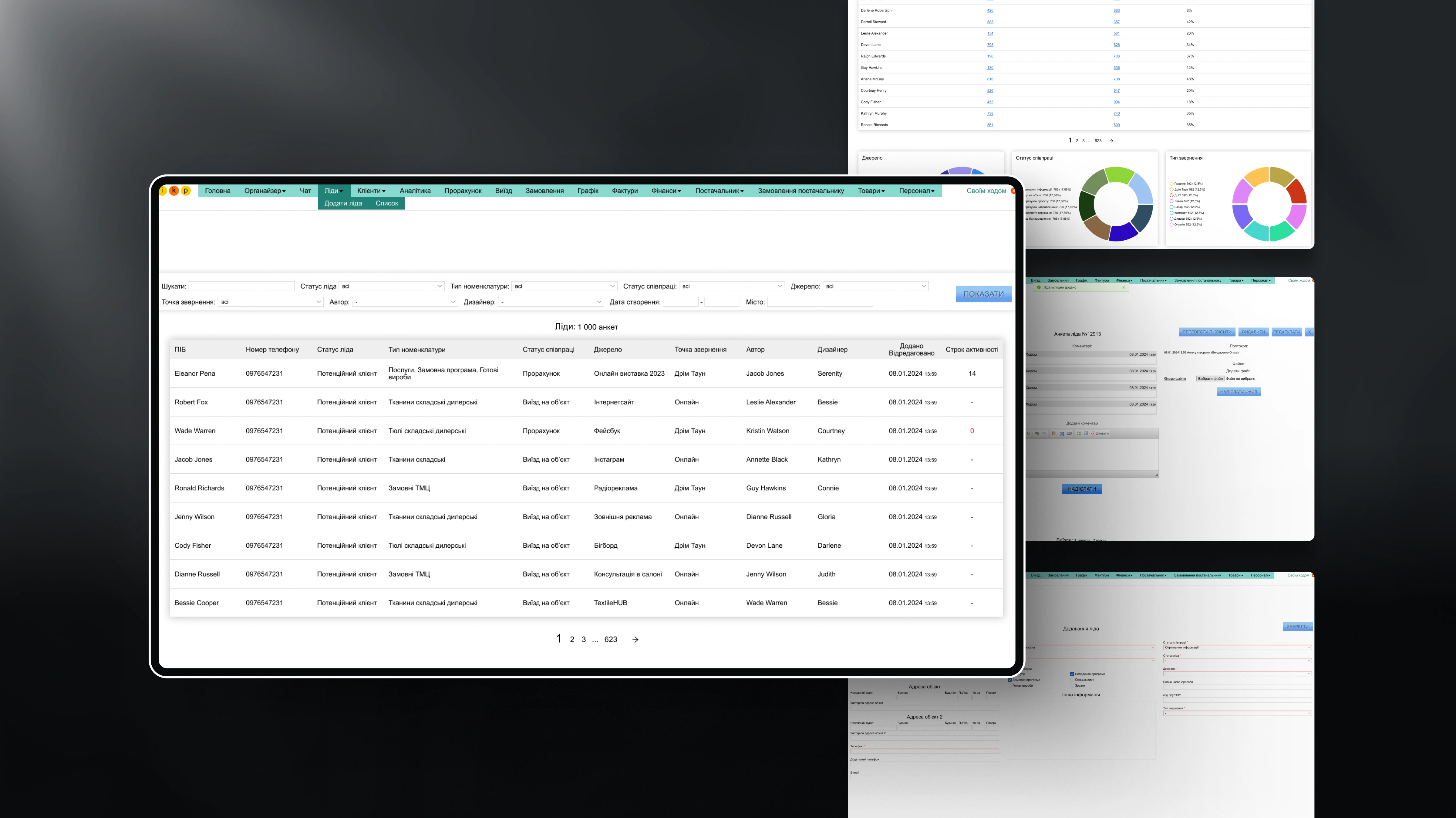Online shopping is not only a convenient way for customers to find goods and services, but also an important sales channel for businesses. In this regard, the issue of search engine optimization (SEO) is of particular importance in order to attract more organic traffic. In this article, we'll take a look at the key aspects of SEO for an online store and provide tips on how to increase your store's visibility in search engines.
What is SEO for an online store?
SEO (Search Engine Optimization) is a set of techniques and strategies aimed at improving the visibility of your website in search engines such as Google, Bing, Yahoo. For an online store, SEO is of particular importance because the competition in the online space is huge, and only a well-optimized website can help you get to the top of search results.
Key aspects of SEO for an online store
1. Analyze and choose the right keywords
Choosing the right keywords is the first and most important step in SEO for an online store. These are the words and phrases that potential customers enter into search engines when looking for products or services similar to yours. To find effective keywords, use special tools such as Google Keyword Planner, Ahrefs, SEMrush.
How to choose keywords for your online store:
- Choose words with high search volume but moderate competition. This will allow you to attract more traffic without facing too much competition.
- Focus on transactional queries. For online stores, queries that demonstrate the intention to buy, such as “buy”, “price”, “promotion”, are especially important.
- Use local keywords if your store is focused on a particular region. This will allow you to attract targeted customers.
2. Optimize the content on the website
Content is one of the foundations of SEO for an online store. Your site should have high-quality, unique content that meets the needs of users. To do this:
- Use keywords on relevant product, category, and blog pages.
- Create product descriptions that contain important information, such as features, benefits, and user reviews.
- Use SEO-optimized titles for each product and category page.
3. Technical website optimization
Technical SEO is the foundation that allows your website to work quickly and efficiently, which is important for users and search engines.
Website loading speed. If your site loads slowly, it can affect search engine rankings and user experience. Optimize images, minimize JavaScript and CSS.
Mobile responsiveness. Most users make purchases via mobile devices, so it's important that your website is optimized for mobile phones and tablets.
Cleanliness and structure of URLs. Use short and clear URLs that contain keywords (for example, https://example.com/smartphones/samsung-galaxy).
The robots.txt file and sitemap.xml help search engines index your site better.
4. Internal linking
Linking between pages on your website can significantly improve SEO performance. You need to create logical links between products, categories, and other important pages. For example:
- Offer similar products on product pages to increase user time on site.
- Cross-references between categories and subcategories help search engines better understand the structure of your site.
5. External SEO: link building
Backlinks are an important factor in search engine rankings. Getting links from reputable websites can significantly improve your visibility.
Create attention-grabbing content: articles, reviews, testimonials, infographics that can be useful to your target audience.
Collaborate with bloggers and other entrepreneurs in your niche to exchange links.
Publish guest articles on popular platforms that allow you to insert links to your website.
6. Optimize for local SEO
If your online store has a physical store or is focused on a specific region, it is important to optimize your website for local SEO.
Create a Google My Business profile for your business. This will help your store appear on the Google map and in local searches.
Get feedback from your customers, as they play an important role in local SEO.
7. Analyze the results and continuous optimization
SEO is an ongoing process. To achieve sustainable results, you need to regularly monitor your site's performance and make adjustments.
Use tools such as Google Analytics and Google Search Console to monitor organic traffic, search engine rankings, and possible errors on your website.
Regularly update content, add new products and articles to keep your site relevant.
Results: How to increase visibility in search engines?
SEO for an online store is a complex process that requires attention to numerous aspects. Here are some basic steps to increase your store's visibility in search engines:
- Use the right keywords for your product range.
- Optimize the content and structure of the site.
- Focus on technical optimization.
- Arrange internal linking.
- Ensure the availability of external links.
- Invest in local SEO to attract target customers.
- Constantly analyze the results and make adjustments.
If you follow these strategies, your online store has a good chance of rising to the top positions in search engines and attracting more organic traffic, which will provide you with new customers and sales growth.




